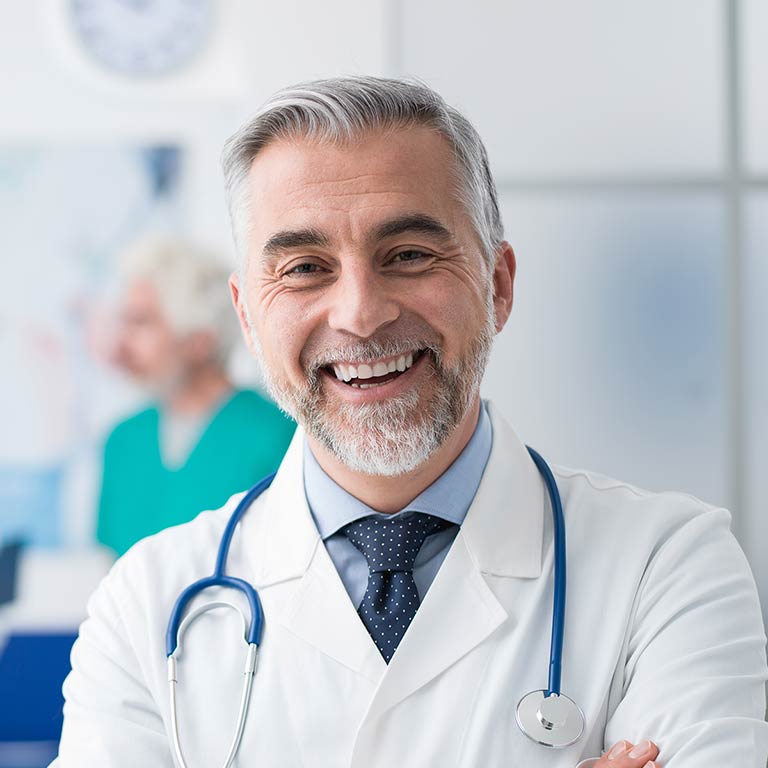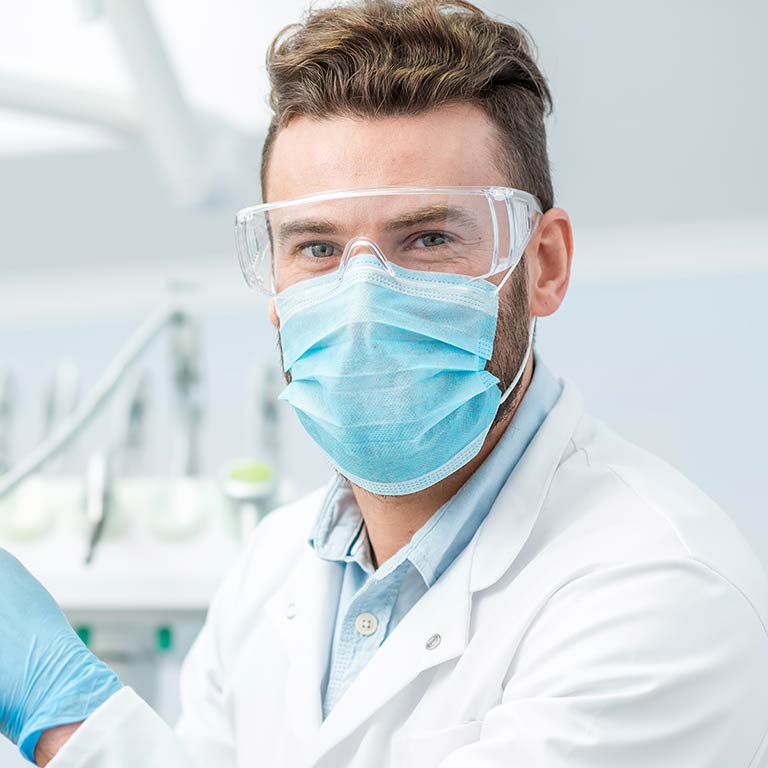Pharmacology is the scientific study of the effects of drugs and chemicals on living organisms where a drug can be broadly defined as any chemical substance, natural or synthetic, which affects a biological system. Identification and validation of new targets for drug action, and the design and development of new drugs to prevent, treat and cure diseases also comes under Pharmacology.
Translational Medicine to use new knowledge in clinical practice, Preclinical studies in animals, Clinical trials, Evidence based Medicine, Pharmacogenomics etc.to improve human health and longevity are all critical components in the development of modern ‘personalized medicine’, a concept based on individual patient response or predicted risk of disease.
Pharmacologists require sound basic knowledge of physiology, biochemistry, cell biology and molecular biology upon which to build their specialized knowledge and experimental
approaches for the investigation of novel aspects of drug action.
This interdisciplinary knowledge offers pharmacologists a unique perspective on a wide range of biomedical issues.
Prescribe drugs for the control of fertility and be aware of the effects of drugs on the foetus. describe the clinical presentation and management of common poisoning including the bites and stings. state the principles underlying the concept of `Essential Drugs’ evaluate the ethics and modalities involved in the development and introduction of new drugs understand principles of Evidence based Medicine understand the principles of pharmaco economics b)Psychomotor Skills at the end of the course, the learner shall be able to: prescribe drugs for common ailments identify adverse reactions and interactions of commonly used drugs interpret the data of experiments designed for the study of effects of drugs and bioassays which are observed during the study scan information on common pharmaceutical preparations and critically evaluate drug formulations load the required dose of medicines accurately in hypodermic syringes; inject medicines by the intradermal, subcutaneous, intramuscular and intravenous routes using aseptic techniques. Set-up an intravenous drip and adjust the drip rate according to required dosage. calculate the drug dosage using appropriate formulae for an individual patient. administer the required dose of different drug formulations using appropriate devices and techniques (e.g., hypodermic syringes, inhalers, transdermal patches etc.) Advice and interpret the therapeutic monitoring reports of important drugs recognize and report adverse drug reactions to suitable authorities. analyze critically, drug promotional literature for proprietary preparations in terms of
- Pharmacological actions of their ingredients.
- Claims of pharmaceutical companies.
- Economics of use.
- Rational or irrational nature of fixed dose drug combinations. Retrieve drug information from appropriate sources especially electronic resources (c) Attitudes & Communication skills: At the end of the course, the learner shall be able to communicate with patients regarding proper use of drug take adequate precaution during prescribing drug(s).
- Understand the legal aspects of prescription counsel patients for compliance take adequate care to write prescriptions legibly understand rationality of poly-pharmacy update themselves regarding recent advances.
- IntegrationPractical knowledge of rational use of drugs in clinical practice will be acquired through integrated teaching vertically with pre-clinical & clinical subjects and horizontally with other para-clinical subjects.
Skills
At the end of the course the student shall be able to:
- Identify and locate all the structures of the body and mark the topography of the living anatomy.
- Identify and locate all the structures of the body and mark the topography of the living anatomy.
Awards & Accolades
Today the hospital is recognized as a world renowned institution, not only providing outstanding care and treatment, but improving the outcomes for all through a comprehensive medical research. For over 20 years, our hospital has touched lives of millions of people, and provide care and treatment for the sickest in our community including rehabilitation and aged care.
IMA India Awards
Harvard Gold Medal
India Medical Prize
UK National Prize
Medical Rating for Anatomy
The medical rating is calculating based in the functionality and individual branches performances, but mostly its review and feed backs are to be considered for getting better rating. The medical council will evaluate all the aspects of services and facilities to ensure the quality of education to students.
Investigations
Treatments
The Facilities
Demonstration Rooms
There are two demonstration rooms equipped with Over Head Projector (OHP) , LCD projector and audiovisual aid with an accommodation capacity of 75 students.
Experimental Laboratory
Experimental Pharmacology lab is well equipped with an Ante room.
Museum
Specimens, charts, models, with a separate section depicting “History of Medicine”, Multiple copies of catalogues available for student use.
Departmental Library-Cum-Seminar Room
Departmental library-cum-seminar room with more than 80 copies of pharmacology text books.
Departmental Research Lab
One well equipped research Lab for students and faculties.
Research laboratory
Research Lab is equipped with the instruments needed for the research activity in various fields of Anatomy like – Gross anatomy , embryology, histology, genetics, etc..
Para Clinical Departments
Emergency Cases
Please feel welcome to contact our friendly reception staff with any general or medical enquiry call us.
Opening Hours
Our Medical HOD Professors
staffs all have exceptional experience and trained skills under various
medical departments and its treatment.





